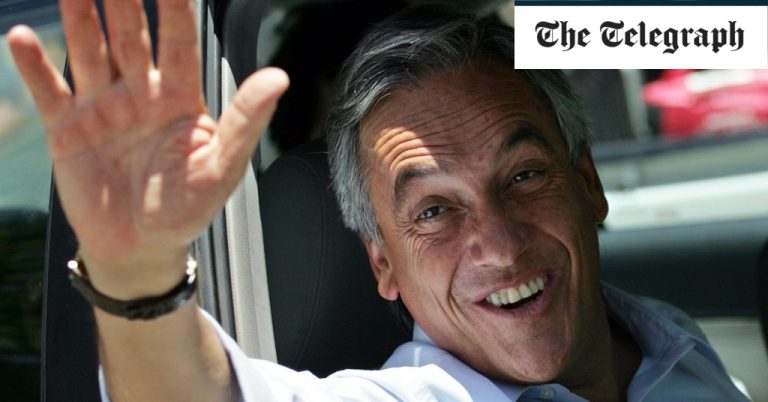He divested from most of those when he first assumed the presidency, after running on a centre-right platform. Crucially, he had distanced himself from the 1973-1990 Pinochet dictatorship.
It was that break, from a brutal regime notorious for its extrajudicial killings and “disappearances” of nearly 3,000 suspected leftwing subversives, that finally allowed the Chilean right to become palatable once again to a majority of the electorate.
Ultracompetitive and a risktaker, as well as flying choppers, Piñera also loved to scuba dive. Yet during his presidency, he was gaffe-prone and viewed as failing to empathise with the hardship endured by ordinary Chileans in one of Latin America’s most unequal economies.
Tributes poured in from across Latin America, including Argentina’s former president, Mauricio Macri, who said: “He was a good person, committed like no one else to Chile and to the values of freedom and democracy in Latin America. It really is a total, irreplaceable loss.”
